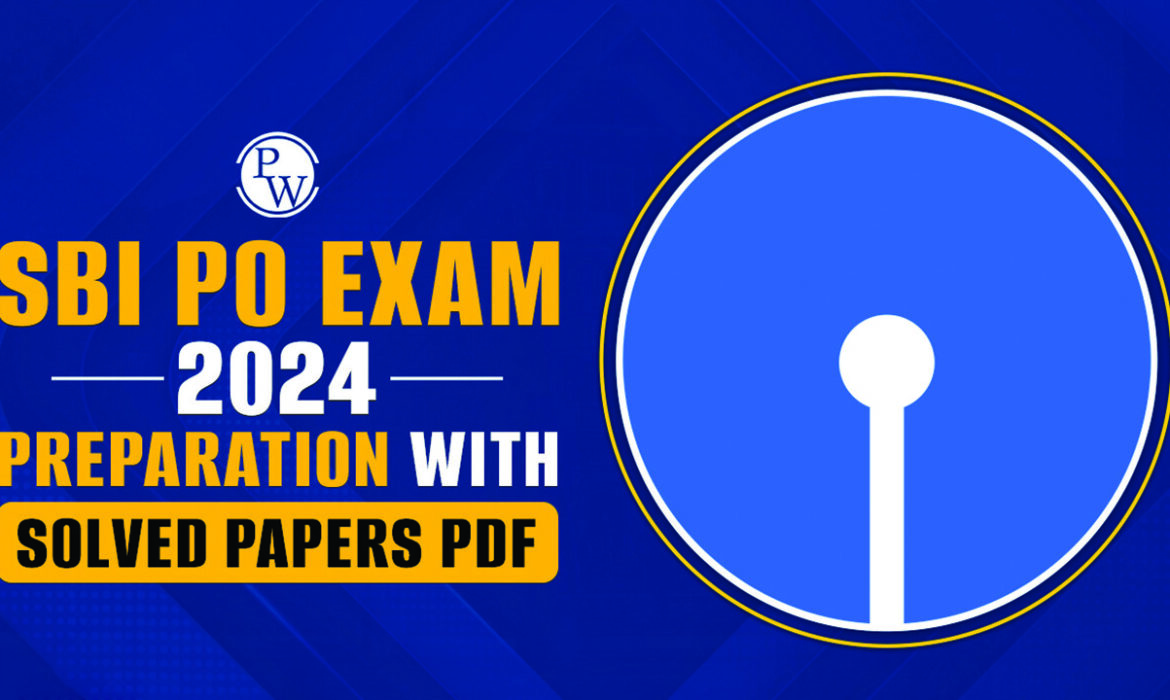
Are you looking to boost your preparation for the IBPS PO exam? The reasoning and computer aptitude sections often pose a difficulty for candidates, but with the right approach, you can master them. Previous year questions (PYQs) and an IBPS PO mock test offer excellent ways to sharpen your skills. Let’s explore how these tools can give you an edge.
Understanding the Exam Pattern
PYQs are invaluable for understanding the structure of the IBPS PO reasoning and computer aptitude section. By reviewing past papers, you get familiar with the types of questions asked. These questions reveal patterns that can help you strategize your study sessions. You also learn the level of difficulty you might encounter, allowing you to practice more effectively. When using PYQs, try timing yourself as you solve them.
Simulating Real Exam Conditions
Taking a mock test prepares you for the real thing. They simulate the pressure and timing of the actual exam. The more you practice under these conditions, the more comfortable you’ll feel on the particular day. They also help you build endurance since these exams are often lengthy. When attempting mock sessions, focus on speed and accuracy. The faster you can solve reasoning and computer aptitude questions, the more time you’ll have for other sections.
Mastering Reasoning with Practice
The reasoning section of the IBPS PO exam requires critical thinking and problem-solving skills. PYQs and mock sessions provide ample practice for these skills. By solving a wide range of questions, you can develop strategies for tackling puzzles, seating arrangements, and logical reasoning questions. Consistent practice is key to improving your speed. As you practice, you’ll start noticing patterns in questions, making it easier to solve them in less time.
Building Computer Aptitude
Computer aptitude may seem daunting, but it becomes manageable with regular testing. Mock tests help you understand which areas of computer aptitude you need to focus on. Through these sessions, you can improve your knowledge of binary numbers, data interpretation, and other related topics. PYQs are particularly useful in helping you understand which computer aptitude topics are frequently tested.
Tracking Your Progress
One of the greatest benefits of mock tests and PYQs is that they allow you to track your progress. After each IBPS PO mock test, you can review your performance and identify areas where you need improvement. This data is invaluable in helping you refine your study plan. Use your test results to set new goals and difficulties for yourself. If you consistently score low in a particular area, such as reasoning or computer aptitude, focus more on your practice there.
Preparing for Exam Day with Confidence
By integrating PYQs and mock tests into your study routine, you’re setting yourself up for success. These tools provide more than just practice—they help you prepare mentally for the difficulties ahead. The more familiar you are with the exam pattern and question types, the more confident you’ll feel on the day of the test.
Improving Time Management
Time management is critical when attempting the IBPS PO exam. By consistently practicing with mock sessions and PYQs, you can refine your ability to allocate time effectively. These tools help you determine how much time to spend on each question type, ensuring you don’t get stuck on difficult questions. Mock tests, in particular, train you to make quick decisions on when to move on, which is crucial for completing all sections within the given time.
Taking an IBPS PO mock test regularly is a crucial part of exam preparation. Both PYQs and mock tests provide invaluable insights into the exam, making you more confident and prepared. By practicing the above tips, you can significantly enhance your problem-solving speed and accuracy. Make mock tests a core part of your study routine and approach the exam with assurance.



